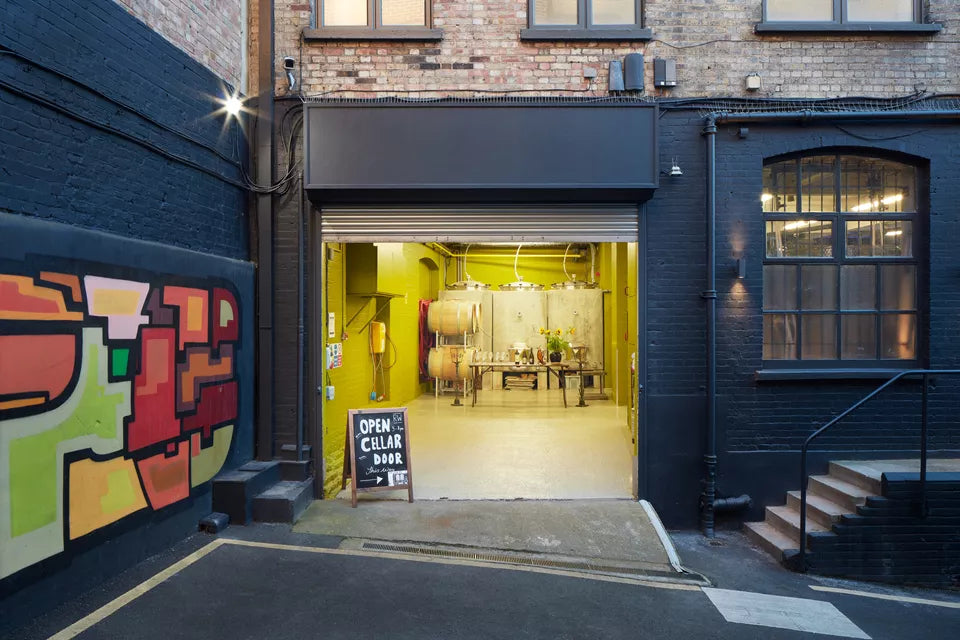Ordering
Not for UK delivery. You can buy any amount from a single half-bottle upwards. Deliveries to the Channel Islands and countries within the EU have a minimum spend of £150. Deliveries to all other countries have a minimum spend of £500.
We don’t charge you until your goods are packed and ready for despatch. When you first check out, you receive an order acknowledgement and your card issuer may temporarily freeze the funds required. When we have finished processing your order and it is ready for despatch, we send you a second email. At that point we charge your card and your order is confirmed.
Delivery
For Deliveries to England, Wales and Southern Scotland we offer a Standard Next Business Day Delivery Service at £9.99 per order. Orders over a £150 value threshold qualify for free delivery.
For Deliveries to Scottish Highlands, Northern Ireland and Channel Islands, the expected transit time is 2 business days. Additional delivery charges to these zones may apply.
All our wine is stored in a temperature-controlled bonded warehouse outside London, not at our offices. This keeps the wine in the best condition possible, but it does mean we are not able to offer same day delivery or collections at short notice.
Returns & corked wine
Yes we do. We will happily take back any unopened bottles for exchange, credit or a refund for up to 35 days after delivery. For most UK addresses we will organise a courier to collect the wine free of charge.
It happens to the best of them. No matter how good the producer and how perfect the provenance, any wine can be corked. If you suspect a problem with a bottle you have already opened, reseal it and contact us within 48 hours. For most non-fine wine (under £60) we will be able to offer a credit once we verify the fault. For fine wine (£60+), we may be able to refer the problem back to the producer or UK agent. Please note that we can only issue credit up to six months from purchase, and the wine must have been properly stored.
‘Corked’ has a specific meaning - it is used of a wine which has been tainted by a fungus found inside cork bark. This can happen to any bottle sealed with a natural cork, no matter how expensive. There is no definitive test you can do at home, but you can learn to spot corked wine by its aroma and flavour. Its effects range from mild (the fruit flavour of the wine is dull and muted) to severe (the wine has a strong musty or rotting cardboard aroma). If you are unsure whether what you can taste is cork taint, it helps if you can compare it with the aroma and flavour of another bottle of the same wine. It would be very unusual for both to be corked, so if they taste the same there may not be a fault. You cannot tell if a wine is corked from the cork itself. A crumbly or mouldy cork does not mean that there is anything wrong with the wine.
Cork taint is the most common problem with wine, but sometimes other things go wrong. This usually means one of two things. Either the wine has ‘cooked’ through exposure to excessive heat, or it has oxidised prematurely. If either of these things happen, the wine may turn brown and taste sour, excessively ‘stewed’, or even of vinegar. However, not all wines that taste oxidised or cooked are faulty. Traditional white Rioja, Sherry, Madeira and many natural wines (to name just a few examples) are deliberately oxidised, heated or made without preservatives, specifically to produce an unusual flavour. Like the mould in a blue cheese, this is an integral part of the wine’s character. Similarly, as a wine ages it slowly oxidises. An old wine that is past its peak may taste tired, but it is not faulty. A wine is only faulty when the ‘fault’ causes it not to taste as it should, given its style and age.




